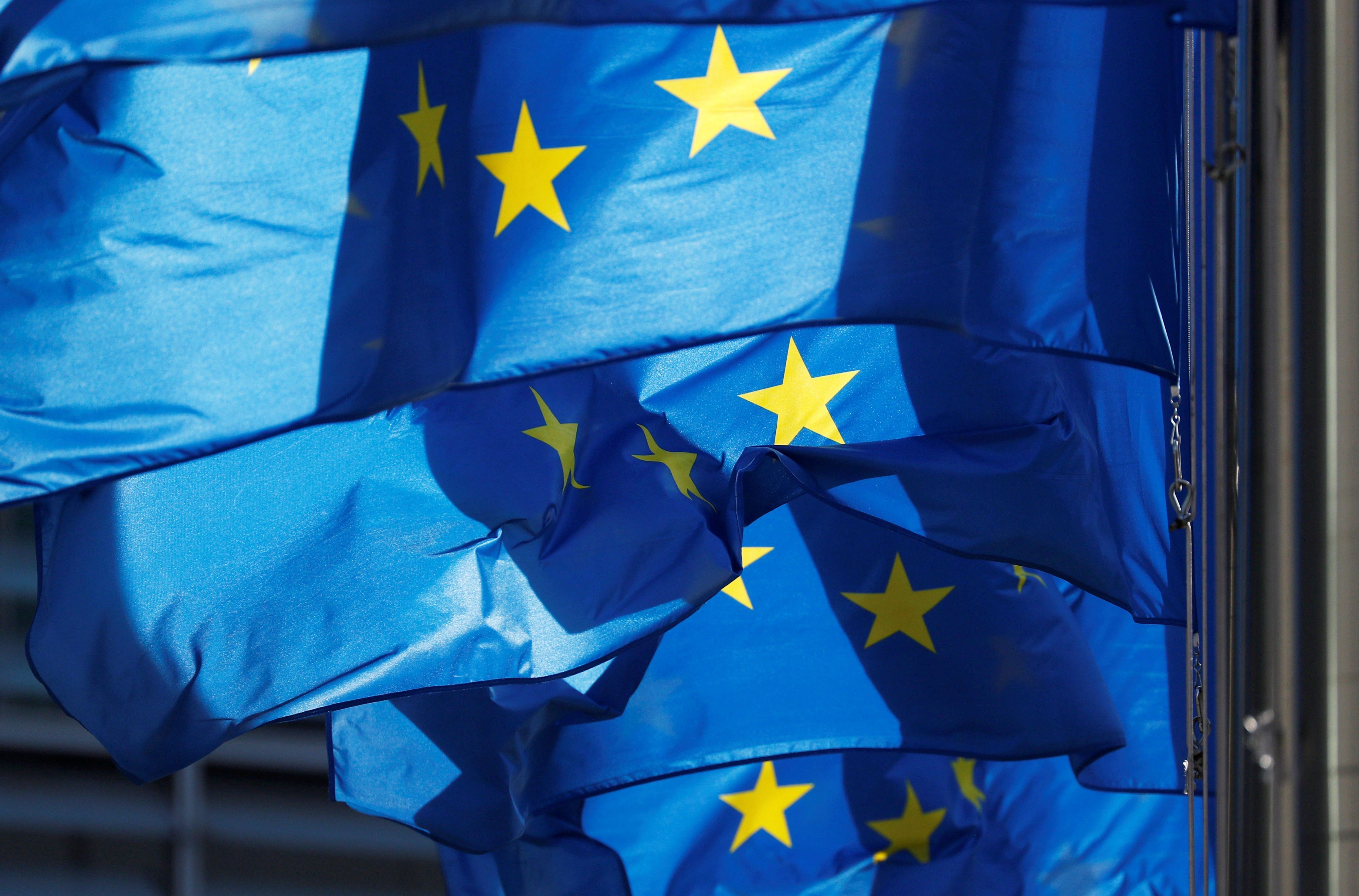By John Irish and Parisa Hafezi
PARIS/DUBAI, July 2 (Reuters) – France urged Iran on Tuesday to reverse its first major breach of a nuclear pact with world powers, but Europe will not for now trigger a dispute mechanism that could lead to the reimposition of U.N. sanctions, two European diplomats said.
Iran‘s announcement on Monday that it had amassed more low-enriched uranium than permitted under the deal was confirmed by U.N. nuclear watchdog, the International Atomic Energy Agency (IAEA), which monitors Iran‘s nuclear programme under the deal.
Iranian Foreign Minister Mohammad Javad Zarif said the move was not a violation of the accord, arguing that Iran was exercising its right to respond to the U.S. walkout last year.
However, the gambit may have far-reaching diplomatic consequences and comes less than two weeks after Trump said he ordered air strikes on Iran, only to cancel them minutes before impact.
European signatories of the 2015 deal with Iran have sought to pull Washington and Tehran back from direct confrontation and wanted to avoid escalating the diplomatic standoff to the United Nations.
“Not for now. We want to defuse the crisis,” said one European diplomat when asked about a possible move to trigger the dispute resolution mechanism enshrined in the 2015 nuclear accord with Iran.
China, like France a signatory to the deal, said it regretted Iran‘s move but urged all parties to exercise restraint and said the U.S. policy of increasing pressure on Iran was the “root cause of the current tensions”.
The nuclear deal lifted most international sanctions against Iran in return for curbs on its nuclear work. It aimed to extend the time Tehran would need to produce a nuclear bomb, if it chose to, from roughly 2-3 months to a year.
Iran‘s main demand – in talks with the European parties to the deal and as a precondition to any talks with the United States – is to be allowed to sell its oil at the levels of April 2018, before Washington pulled out of the deal and imposed punishing economic sanctions.
Iran says it will breach the deal’s nuclear curbs one by one until it is able to sell that amount of oil, saying this is the least it should be able to expect from an accord that offered economic gains in exchange for nuclear restrictions.
In a statement, French President Emmanuel Macron expressed “his attachment to the full respect of the 2015 nuclear accord and asks Iran to reverse without delay this excess, as well as to avoid all extra measures that would put into question its nuclear commitments.”
(Additional reporting by Francois Murphy in Vienna, Writing by William Maclean; Editing by Jon Boyle)


